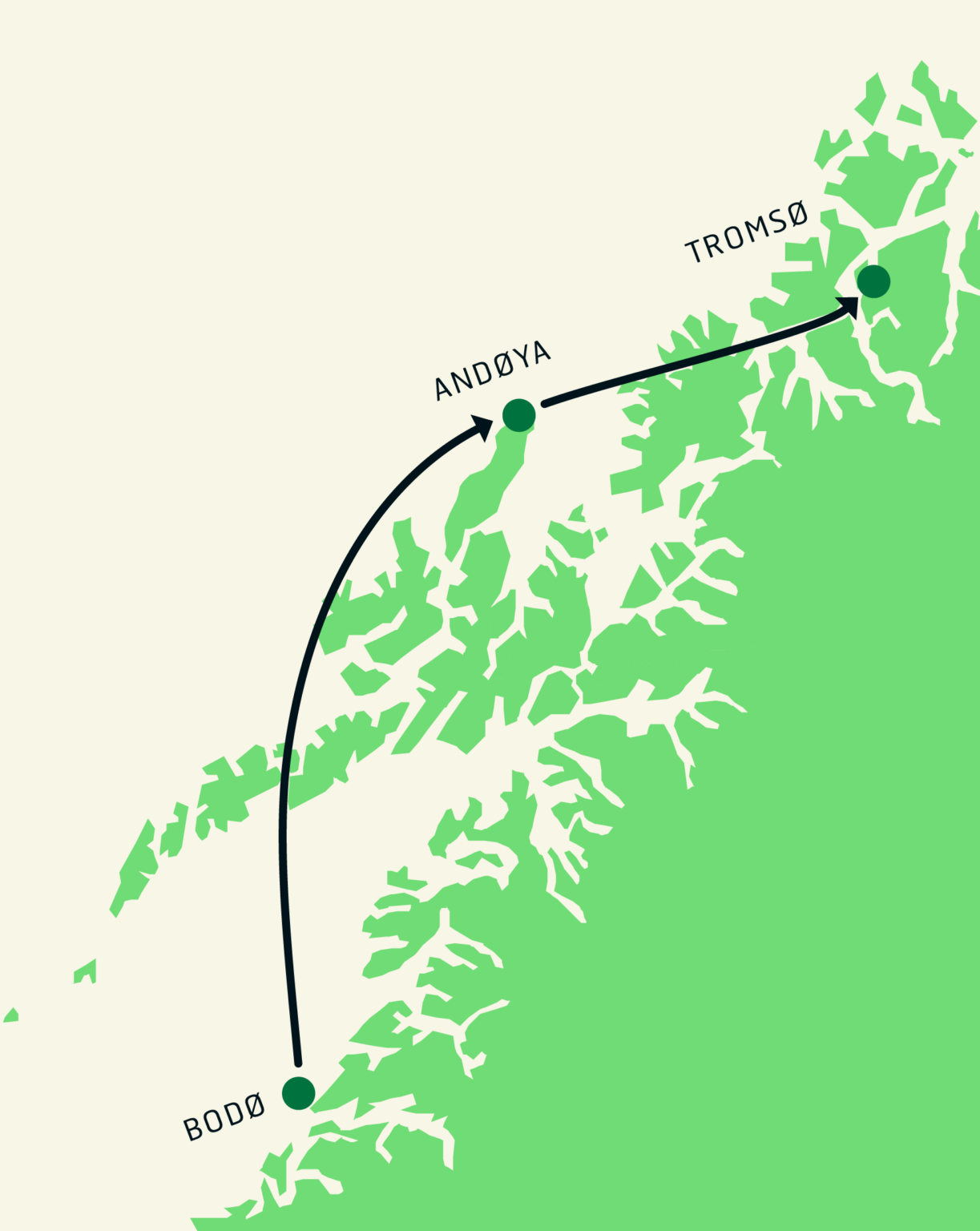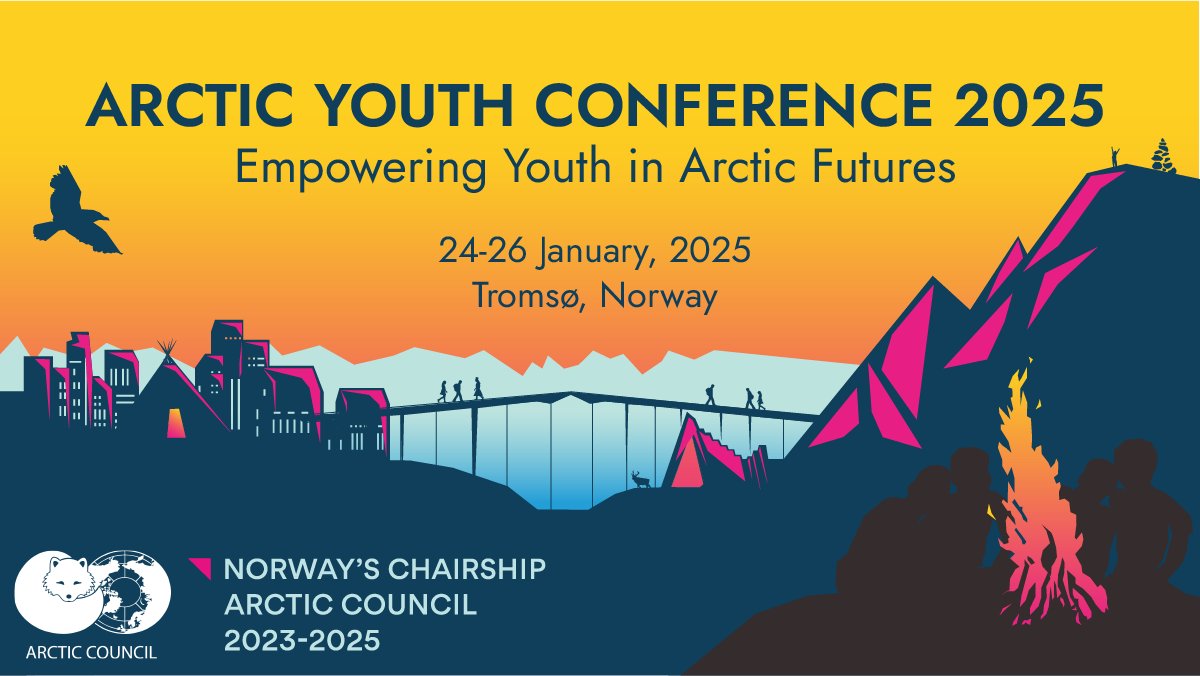IARPC Collaborations is seeking volunteer co-leads for the Early Career Community of Practice. @Angela Bliss (NASA), @Katy Smith (NSF/QED), and @Samantha Halstead Santez (NASA/UMD) are currently co-leading this team and new co-leads will join this amazing leadership team. We encourage people from diverse backgrounds to apply. This is an excellent opportunity for postdocs or students doing Arctic research to join the IARPC Collaborations team.
Read more ...Polar and Alpine Community News

© Alexey Pavlov, Caroline Coch, Alice Bradley, Adrian Dahood, Elizabeth Erickson (left to right)
In our Polar and Alpine Community News we feature news from the many partners that APECS is working with, as well as other news from a variety of sources related to research in the Arctic, Antarctic and Alpine regions as well as the wider Cryosphere. Many thanks to APECS members and the wider Polar research community for contributing to this shared resources!
If you want to submit Polar or Alpine News for this page, please use the link below. If you have any questions, This email address is being protected from spambots. You need JavaScript enabled to view it..
We keep only the news of the last 3 months on this page. Older news can be accessed in our Polar and Alpine News Archive.
Apply to join the Arctic Frontiers Emerging Leaders 2025 cohort
 Arctic Frontiers is currently looking for the 2025 cohort of Emerging Leaders!
Arctic Frontiers is currently looking for the 2025 cohort of Emerging Leaders! ICARP IV Summit - Call for Abstracts
 ASSW 2025 organizers are now accepting abstracts for the ICARP IV Summit, which will take place during 25–28 March 2025, immediately following the ASSW 2025 business and community meetings (20–24 March 2025).
ASSW 2025 organizers are now accepting abstracts for the ICARP IV Summit, which will take place during 25–28 March 2025, immediately following the ASSW 2025 business and community meetings (20–24 March 2025).
13th Advanced ESA Training Course on Land Remote Sensing with focus on Snow and Glaciers
The European Space Agency is organising the 13th Advanced Training Course on Land Remote Sensing with focus on Snow and Glaciers,which will be held at the University of Innsbruck, Austria, from 16 to 20 September 2024. The course aims at:
- Training the next generation of scientists and professionals in remote sensing of snow and glaciers
- Explaining the theoretical principles, processing algorithms and data products from multiple sources including optical, thermal and microwave
- Stimulating the use of EO in the domains of water cycle science, water management and hazards e.g. floods.
Sikumiut Field School for sea ice knowledge holders
The Sikumiut Field School will take place on the sea ice near Utqiagvik, Alaska, from April 7-11, 2025 and organizers are requesting applications from all sea ice knowledge holders.
What is the Sikukuit Field School?
Sikumiut means "people of the ice" in Iñupiaq and the field school aims to bring together sea ice knowledge holders from Indigenous and scientific ways of knowing to create a learning environment that blurs the
line between students and instructors. Participants will learn about sea ice using methods based on Indigenous Knowledge, On-ice Observations, Remote Sensing, and Numerical Modeling.
Synergistic approach to addressing DEI issues; learning from different contextual initiatives - A workshop at SCAR OSC 2024
The Polar Science Early Career Community Office (PSECCO) and the Scientific Committee on Antarctic Research Equality, Diversity and Inclusion Action Group (SCAR EDI AG) are teaming up to host a workshop at the 2024 SCAR OSC titled “Synergistic approach to addressing DEI issues; learning from different contextual initiatives” (W20) to be hosted on Friday, August 23, 2024, from 14:00 to 15:30 local time. Our goal for the workshop is to create a plan for pursuing diversity, equity, and inclusion (DEI) action through coordinated, synergistic activities by first understanding how DEI efforts vary across international contexts, and then exploring with workshop attendees how we can learn from one another about how to improve DEI across the Antarctic research community. This workshop will be the start of an ongoing conversation and action plan, that we hope to continue through workshop outputs and online interaction in the months following the OSC. We encourage those interested in attending to RSVP by filling out this form by 23:59 UTC on Sunday August 4th, so that we can gear the workshop towards our planned participants; that said, an RSVP is not required to attend, and all are welcome!
Read more ...Workshop on "Fundamentals of Qualitative and Quantitative Data Management for Arctic Research"
Each year, the data curation and outreach teams of the National Center for Ecological Analysis and Synthesis, Santa Barbara, California offer hands-on workshops both in Santa Barbara, CA, and virtually. The dates for the first 2025 data science training workshop are now announced and and the ADC invites applicants for the first in-person course, "Fundamentals of Qualitative and Quantitative Data Management for Arctic Research." This course will be held at the National Center for Ecological Analysis and Synthesis (NCEAS) in Santa Barbara, CA, from January 27-31, 2025. This course is designed to equip Arctic researchers, it provides an introduction to programming in R, an overview of reproducible and ethical research practices, qualitative data management, and more.
Limited travel support is available for in-person participants. Applications are open until August 16, 2024, you can apply here: https://forms.gle/k8MwmDPocFiQMCH86.
Arctic Youth Conference 2025 - Call for session proposals

The first Arctic Council Chairship conference for and by youth will be held in Tromsø. This 3-day conference (January 24-26th, 2025) aims to bring together Arctic youth, Indigenous knowledge holders, young professionals, early-career researchers and students to:
• Network with Arctic youth and Arctic Council delegates/officials
• Develop skills in advocacy and leadership
• Engage with and experience diverse cultures and perspectives
KOPRI Arctic Fellowship Program is now open for applications
Initiated in 2015, the KOPRI Fellowship Program aims to promote research collaboration and provide future generation scientists with networking and research opportunities. The participants will be provided with a round-trip airfare, moderate living expenses, and accommodation within the KOPRI facilities for a period up to 3 months.
Read more ...'How to write a one-pager' workshops with the NSF Office of Polar Programs
The Polar Science Early Career Community Office (PSECCO) and IARPC Collaborations are excited to announce that registration is now open for a two-part workshop series entitled ‘How to Write a One-Pager.’ Join NSF Office of Polar Program (OPP) Program Officers to learn how to write a one-pager to summarize an idea you want to pitch to a funding agency. This workshop is open to polar early career scientists and will be run in two parts.
Read more ...

